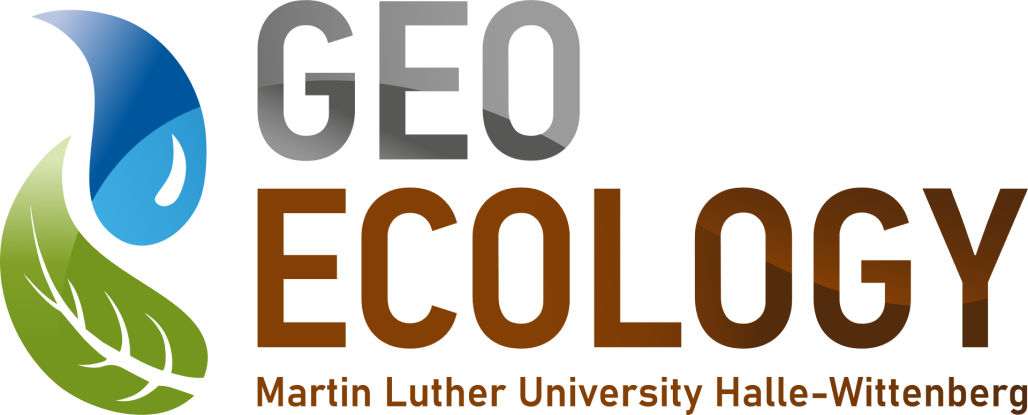From 01.11.2023 to 03.11.2023, the department of Geoecology carried out this year’s working group excursion. The destination was “the land between the seas” Schleswig-Holstein. In cold, wet and stormy weather conditions, the itinerary first took us to the viewing platform on the Aschberg (98 m above sea level) in the glacial area of the Hüttener Berge in the east of Schleswig-Holstein. As the view of the nearby Baltic Sea coast was obscured by heavy fog, a short stopover was made at the Baltic Sea beach in Eckernförde. The traces of the “storm surge of the century” on the Baltic coast of Schleswig-Holstein on Friday, 20.10.2023, were clearly visible. This was followed in the evening by a city excursion through the former garrison town of Rendsburg, centrally located in Schleswig-Holstein between the Eider and the Kiel Canal. Traces of the former Danish rule can still be seen today. The main day of the trip began with a hike through the pedestrian tunnel under the Kiel Canal to the agricultural branch of Kiel University of Applied Sciences in Osterrönfeld. An exciting exchange on future developments and the importance of digital solutions in knowledge and technology transfer in agriculture took place there. Strong synergies were also found with current projects of the geoecology working group. After a shared meal of kale in the Eiderniederung, the journey led west to the district town of Heide (Holstein) in the district of Dithmarschen. The regional development agency based there carries out a variety of projects for the energy, economic and social transformation of the region. In the evening, an extensive tour of the North Sea coast and the Wadden Sea National Park in Büsum followed in stormy conditions. The excursion was rounded off with a visit to Westhof Bio, an innovative farm in the Heide region, which is characterized by far-reaching investments in a 100% circular economy in organic vegetable cultivation and a wide range of innovations in digital process chains in agricultural practice. Finally, there was a short visit to Germany’s deepest land in the Wilster Marsch in south-western Schleswig-Holstein, before returning to Halle after an exciting three-day excursion. We would like to thank Prof. Dr. Holger Thiele, Svea Schaffner, Martin Eckhardt and Reiner Carstens for the interesting and profound insights into current research and development activities in the transformation region of Schleswig-Holstein and look forward to future contacts.
